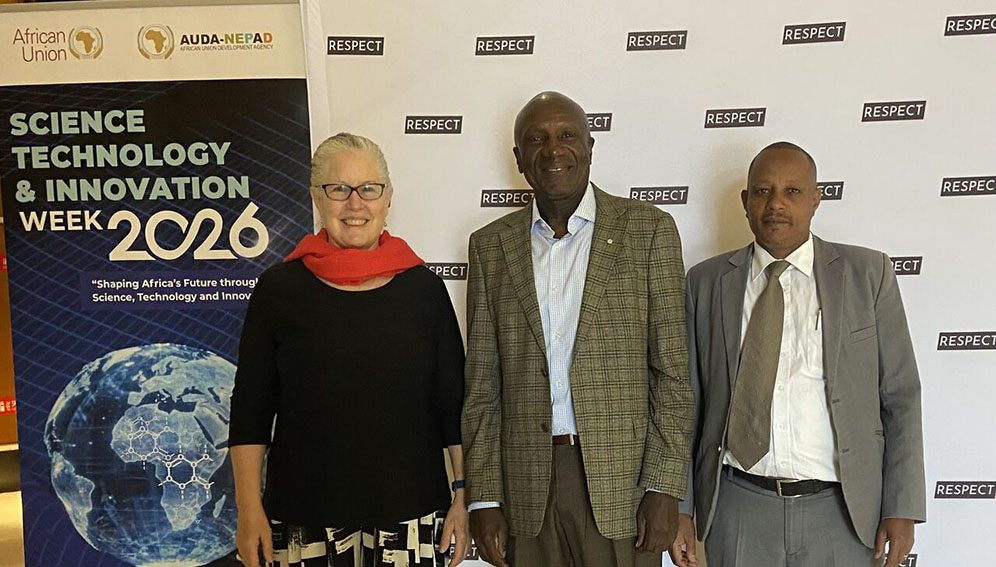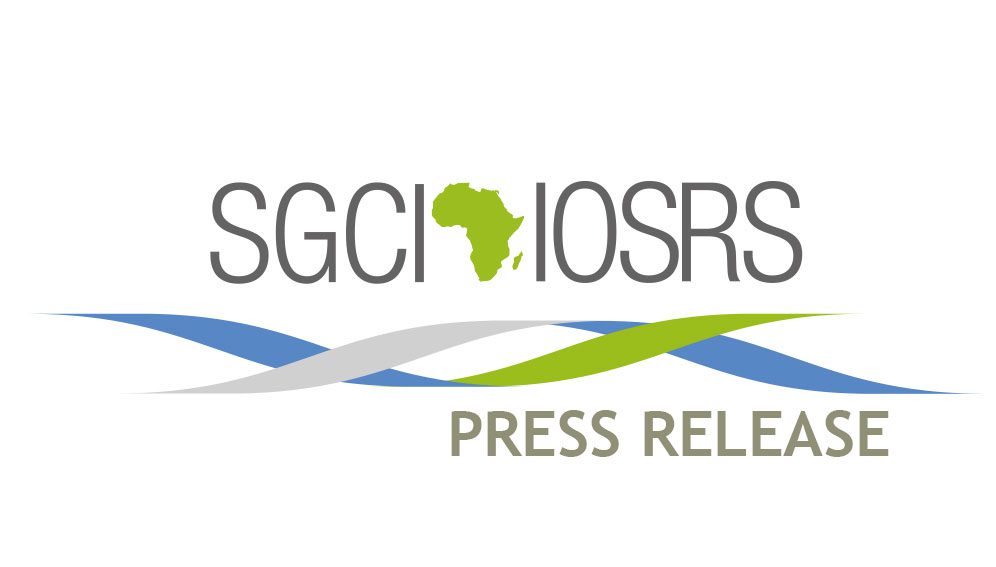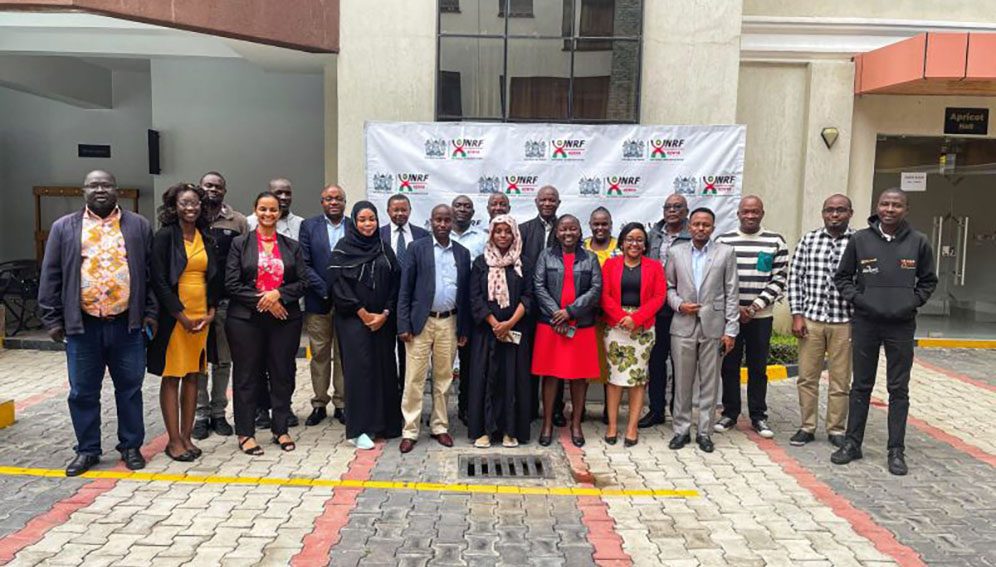SGCI News
Malawi’s solar-powered milking project could transform the livelihoods of small-scale dairy farmers living off-grid. When Robert Mbendera started out as a small-scale dairy farmer in rural Malawi 20 years ago,…
Solar-powered milking and water pumping system slashes milking time
Device is being scaled up to boost milk production in rural Malawi
Easy-to-use technology also powers lighting in the home
Malawi’s solar-powered milking project could transform the livelihoods of small-scale dairy farmers living off-grid.
When Robert Mbendera started out as a small-scale dairy farmer in rural Malawi 20 years ago, milking the one cow he owned was an arduous, time-consuming process.
“It would take about 80 minutes to milk the cow — that’s 80 minutes in the morning and 80 minutes in the evening,” he told SciDev.Net.
“I would start imagining what a lot of hard work and expense it would involve if I were to have three or four cows.”
I don’t have to go far to fetch water for the milking process because the system is supplying water right here on my yard.
Robert Mbendera, dairy farmer, Malawi
But this changed in 2020 when researchers at the Lilongwe University of Agriculture and Natural Resources (LUANAR) trialled a solar-powered milking device and water pumping system at Mbendera’s farm in the Dedza district of central Malawi.
The milking device dramatically reduced milking time.
“Now it takes me between eight and ten minutes to milk the cow,” he said.
Since then, Mbendera and other farmers who tested the technology, have seen improvements in efficiency, milk produced, and quality of life.
“I don’t have to go far to fetch water for the milking process because the system is supplying water right here on my yard,” explained Mbendera.
“Now it means I have more time on other equally important activities.”
Scaling up
Following the successful pilot project, Malawi’s National Commission for Science and Technology (NCST) is now pushing to expand the initiative, to transform small-scale dairy farming across rural Malawi.
“With the government support under the Science and Technology Fund, NCST is geared to upscale this project, subject to the availability of funds,” said Mike Kachedwa, Chief Research Services Officer at NCST.
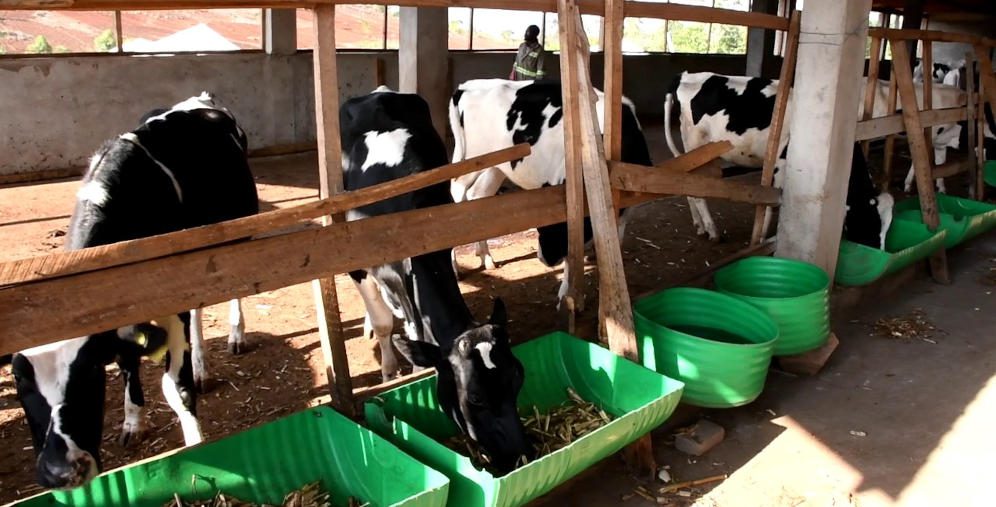
“Having seen the positive impact of the innovation, the smallholder farmers [involved in the pilot] regrouped themselves into a co-operative to embrace the innovation,” he added, explaining that the co-operative would pay to maintain the equipment.
Supported by the Science Granting Councils Initiative (SGCI) and the NCST and implemented in collaboration with Orifice Irrigation and Water Supply Limited, an energy development agency, the project aims to boost milk production for smallholder farmers in Malawi.
Lead researcher Grivin Chipula explained that the solar-powered system pumps water through a solar operated submersible well pump to a raised storage tank, providing easy access via taps for both animal and household needs.
The system also powers a milking machine and provides light for the household.
“The lighting was very necessary as farmers milk the cows twice — at dawn and in the evening,” Chipula explained.
Zero rejections
According to a policy brief on the research, the solar-powered system has improved milk quality, with market tests showing zero rejections of the milk produced during the project period.
The brief highlighted the significantly reduced amount of time spent fetching water at one of the dairy farms testing the technology.
“This outcome was due to a reduction in the distance to the water source and in the time spent at the water source,” it said.
The time saved enabled farmers to invest more energy into other productive and income-generating activities, potentially improving revenues, according to the analysis.
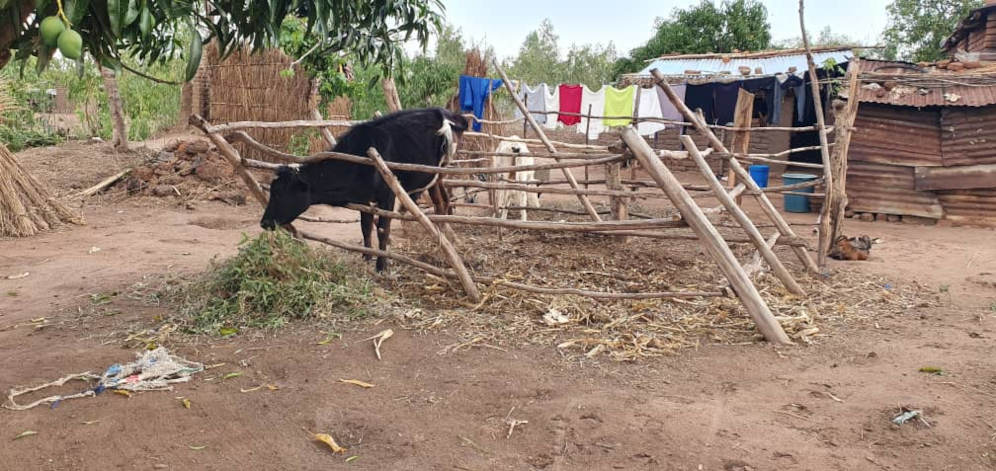
It is hoped the easy-to-use technology will encourage greater involvement of women, ensuring that milk production continues when men are away.
For Mbendera, who lives in a rural area with no access to the national power grid, the solar-powered system has transformed not only his work but also his daily life.
“Now I have electricity to power my television and light the home,” says Mbendera.
I have just acquired a smart phone because I have the power to charge it as regularly as this kind of phone requires.”
Kachedwa, at the NCST, believes such innovations have the potential to drive Malawi’s socio-economic development.
He says Malawi’s agro-based economy depends heavily on smallholder farmers, who often lack the energy needed to increase production.
“The dairy industry plays a significant role in providing employment and contributing to GDP [Gross Domestic Product],” Kachedwa added.
“This project has the potential to support the majority of smallholder farmers that dominate the dairy industry to access solar energy needed to modernise their dairy farm activities such as milking.”
Among dairy farmers in Mbendera’a area, interest is growing to invest in the technology.
Mbendera said that since the installation of the system, others have been asking about how they can adopt it on their farms.
“The only challenge I have faced is that I had not understood that I would need to supply battery water [a high-purity, deionized water formulated for lead-acid batteries] to the batteries after three months,” he said.
“I did not do this and that affected the level of power the batteries supply. I spoke with the researchers and they committed to assist.”
To encourage wider adoption of this technology among smallholder dairy farmers, the LUANAR researchers recommend government subsidies and tax waivers. They say these interventions would empower farmers across Malawi to modernise and improve their dairy operations.
Article written by Charles Mpaka
Related News
SGCI phase 3: USD 42M boost for Africa’s STI agenda
It was an exhilarating moment as the Science Granting Councils Initiative (SGCI) Phase 3 funding announcement was officially made yesterday during the Science, Technology, and Innovation (STI) Week 2026, held in Addis Ababa, Ethiopia. The STI Week, organised by AUDA-NEPAD and the African Union and…
Science Granting Councils Initiative announce support to Africa’s STI Policy Agenda at African Union Meetings
Press Release Addis Ababa, Ethiopia | February 12, 2026 — Ahead of the Annual Summit of Heads of State at the African Union Headquarters in Addis Ababa this February, Canada’s International Development Research Centre (IDRC), the Government of Norway, and the United Kingdom’s Foreign, Commonwealth…
Kenya’s research fund launches data security training
The National Research Fund (NRF) Kenya has launched a research data security training workshop, highlighting its commitment to strengthening the quality, integrity, and impact of publicly funded research across the country. The workshop convened experts from universities, Ministries, Departments, and Agencies (MDAs), and research institutions…
SGCI funded projects
Rwanda’s integrated approach to sustainable agriculture and nutrition
Project Titles & Institution Areas of Research Number of Projects being funded Project Duration Grant Amount In-Kind Distribution Council Collaboration with other councils

